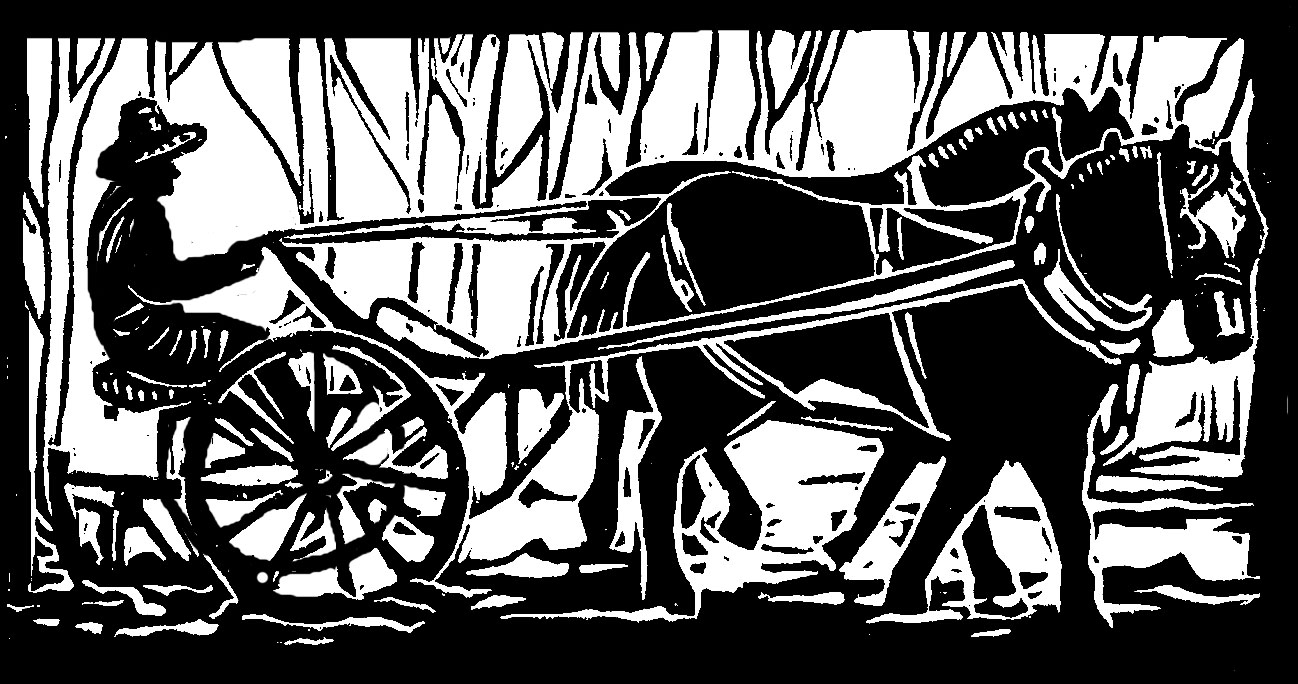Come April, there are likely to be two wet and frustrated farmers around here. Come April, it's time to set up the irrigation.
If we are lucky, a dry spell in April, which activates the irrigation panic, will coincide with a warm spell, which means that the farmers won't be shivering as they are soaked from the knee down, or alternatively, soaked from the knee up, depending on what type of irrigation we're using.
Happily, we have never suffered a complete immersion, meaning, we've never fallen into the irrigation pond. It is a lovely little pond, with pollywogs and salamanders, turtles and visiting ducks and herons. It is also home to leeches, which my fellow farmer finds daunting, and it is home to a lot of wet cold water, which I find daunting.
Granted, it is a pretty shallow pond, and we have a wide sturdy blue rowboat, so there's not much fear of real trouble, but let's just say I would rather look at the pretty water than get any of it on me.
This year, my fellow tried his usual method, of going out in the boat and tipping the five gallon bucket-siphon hose-cement block tied together with baling twine rig over the edge of the boat into the middle of the pond. But it didn't work. The bucket, which is there to prevent the hose from sucking muck off the bottom of the pond and clogging up all our irrigation, came floating back up.
My fellow paddled back, we hauled the hose out, and tried again. This time, not only did the bucket float to the top, but the boat floated too close to shore during the hose-bucket-block tipping process.
More paddling, more hauling, and then my fellow had a new idea, involving me and the boat. I agreed. Then I took a closer look at the boat. “Why is there all that water in it?”
“There's a little leak,” he said casually. “I've got a bucket, so we can bail it out.”
“Oh, no,” I said worriedly, getting in the boat. My fellow and the hose-bucket-block got in the boat.
“I'm getting wet,” I said right away, feeling the panic rise, even though it was a slow leak, and just a general mucking around in the pond wetness that was getting me. Still I bailed furiously, while my fellow paddled.
But then I had to stop bailing and anchor the paddle in the muck to keep the boat still, not an easy task, and my fellow, who loves water and swimming, if not leeches, was standing up in the boat, causing it to rock dangerously close to the surface of the water on either side
I squawked, “Where is your daughter? Where is your daughter?” meaning our daughter now in college, who also loves swimming and water.
My fellow laughed. I was not laughing.
My fellow splashed the block in. Once again, the hose floated right out of the bucket.
My fellow looked gloomily at the rising bucket. “Well, that didn't work.”
“Will you sit down?” I said tightly, gripping the sides of the boat.
He sighed. He sat down. “I guess this isn't a good project for you.”
“It sure isn't,” I said, grabbing the bail bucket. “We need a new idea.”
Our new idea was two-fold. We would cut off the cinder block, and hope the weight of the water in the bucket would cleverly sink the hose. We would also tie a rope onto the boat, and my fellow would paddle out, throw me the rope on the other shore, and I would hold the boat steady in the middle of the pond.
Well, it took some throwing to get that baling twine rope to reach me. Finally the rope caught on a branch, and I got hold, and kept the boat in place. My fellow eased the bucket and hose in the water. Up came that blasted bucket.
“How about half a cement block, right in the bucket? How about bricks?” I called.
“Or a stone right from the edge of the pond,” my fellow answered. “Which I could get if you gave me a little more slack.”
I gave my fellow lots of slack. We were both feeling wet, frustrated, and downright grumpy by then.
My fellow got a rock. Then he eased the rock, the bucket, and the hose in the water.
Hallelujah! It worked! Plus the irrigation pump started right up! We were very pleased.
Then we spent the next several hours figuring out where the irrigation hoses, headers, and connections were leaking, thus getting soaked from the knee down.
But our just transplanted beets and greens and kohlrabi, and our just sown carrots and salad turnips, were beautifully watered in. And not only that, it was a nice warm day for two wet and frustrated farmers.
Originally published in the Monadnock Shopper News, May 5 - May 11, 2021
